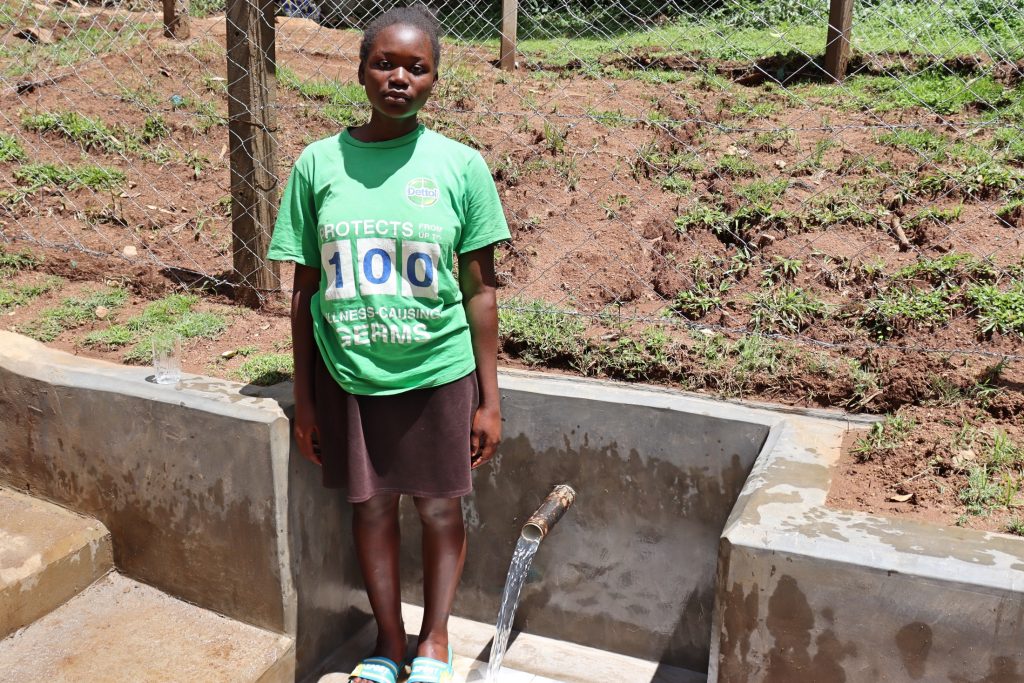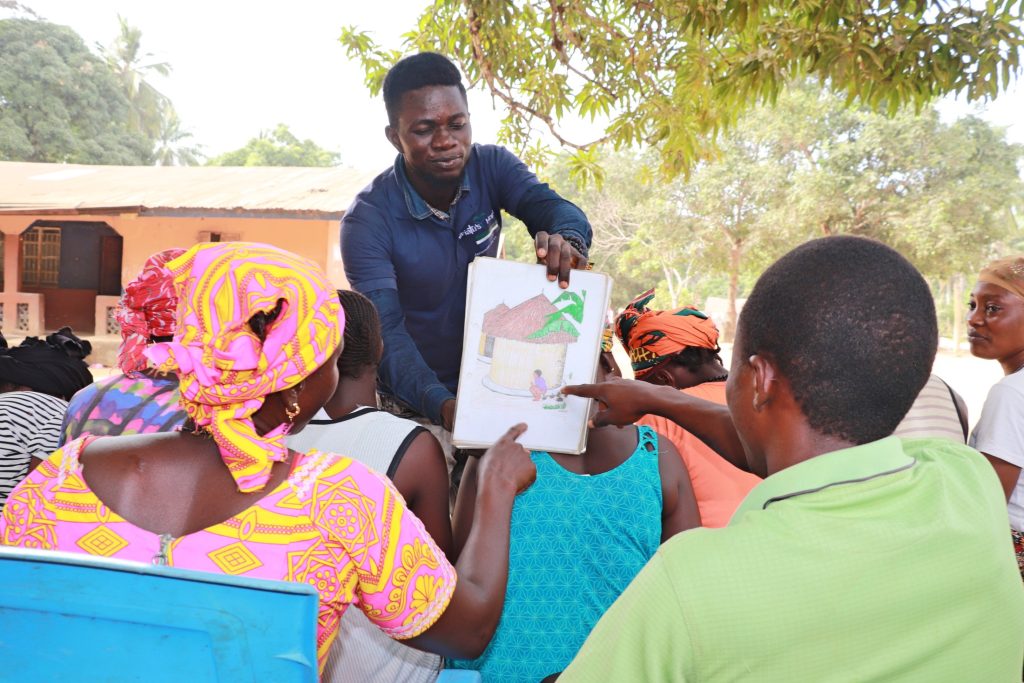Cholera 2024: A Startling Rise in Entirely Preventable Deaths in Sub-Saharan Africa
This article at a glance:
- The world has seen a significant increase in cholera cases in sub-Saharan Africa. The World Health Organization has classified the situation as a grade 3 emergency, their highest level of alert.
- Cholera is entirely preventable through access to clean water, hygiene, and sanitation.
- These measures have nearly erased cholera in industrialized nations, underscoring the disease’s connection to poverty and inadequate infrastructure in affected areas.
- Global support and community empowerment can effectively combat cholera.
Why You Probably Don’t Know Much About Cholera
Global health workers and organizations have seen a spike in cholera cases in recent months, primarily from countries in sub-Saharan Africa. The World Health Organization has designated this new resurgence of cholera as a grade 3 emergency (its highest level of alert).
Eastern and Southern Africa is grappling with one of the worst cholera outbreaks in decades, with cases rapidly spreading across the region – especially in densely populated urban areas where contaminated water supplies are infecting large numbers of people, including children.
UNICEF Situation Report
Over 230,000 cholera cases and 4,000 deaths have been recorded across 14 cholera-affected countries in Eastern and Southern Africa since the beginning of 2023. As of February 2024, 11 countries are reporting active outbreaks, with six countries currently classified by the WHO as in ‘acute crisis’ for cholera.
Cholera is not a disease people in wealthier nations worry about — and that’s because cholera is entirely preventable with clean water, hygiene, and sanitation. These key factors have all but eradicated cholera in industrialized nations. But in sub-Saharan Africa, where water and sanitation are still a daily challenge, even the kids know that cholera is a deadly disease.
“Everyone is entitled to access to clean, safe, sufficient water,” said 16-year-old Juliet M. from Giminoi Community in Western Kenya, where we protected a spring in 2023.

“A shortage of it will lead to various infections related to water, and this will stagger progress in a community. Water being safe and available will curb diseases such as typhoid, cholera, and other water-related infections such as sore throat complications.”
But it’s not only unfamiliarity that prevents us from understanding the gravity of the recent uptick in cholera cases. For a world jaded by staggering COVID-19 case numbers just a few years ago, the numbers of the recent cholera upsurge may not seem earth-shattering.
However, for the people who live in the affected areas, struggling without the necessary water and money to properly prevent and treat the disease, it is more than earth-shattering — especially for those who have lost loved ones. And it’s perhaps even more devastating for parents who have lost young children.
Over 700 children under age 5 die every day of diarrhoeal diseases due to lack of appropriate WASH services.
UNICEF WaSH
What separates the people who suffer from cholera and the people who don’t is chiefly a lack of money and resources, both at the governmental and household levels.
A Brief Overview of Cholera
We know exactly how to treat cholera. Not only do we have a vaccine, but we’ve known about cholera’s cause since the 19th century.
Cholera strikes suddenly and without much warning. First, someone will drink water or eat food contaminated with the bacterium Vibrio cholerae. Then, within 12 hours to five days, the infected person will experience sudden, severe diarrhea that may kill them within hours due to dehydration.
Some people may be infected with cholera and never develop symptoms, which spreads the disease when healthy, young people go about their business without knowing they’re carrying the bacteria. They then pass on the disease to those more vulnerable: children and the elderly, causing more deaths.
While the triggers for cholera outbreaks—like poverty and conflict—are enduring, climate change and conflict are now compounding the problem. Extreme climate events like floods, cyclones, and droughts reduce access to clean water and create an ideal environment for cholera to thrive.
World Health Organization
How The Water Project Works to Prevent Cholera — and Other Water-Related Diseases
Whenever The Water Project installs a water project in Kenya, Sierra Leone, and Uganda, we also conduct hygiene and sanitation training. We get a lot of questions about why that is: it’s because water, sanitation, and hygiene (WaSH) are all intertwined.
Clean water alone won’t prevent cholera, though it will certainly help. With a clean water source, the opportunities for infection lessen greatly. But even clean water, once collected, can be contaminated by unsafe practices. Two examples of this we often use for our training are when water users leave water storage uncovered or fetch water using an unclean container.
As long as the bacterium that causes cholera has a watery environment, it will stay alive, waiting for a new host, for years. This is why it’s so important for the people we serve to learn how to properly wash their hands, their utensils and dishes, and their water storage containers to prevent future water-related infections.
Even if one of our water users had been able to pay the required school fees to stay in school long enough to take health classes to learn these things, in many cases, these tasks would never have been possible previously without ready access to a safe, reliable water supply.
Fatmata, one of our field officers in Sierra Leone, shared this story from a training in Korankoya Community.
As different posters were presented, a female participant pointed out a poster where the child was defecating behind the house. The woman explained, “This poster reminds me of an incident I witnessed
during the time I was staying with my mother [in] her village. The children in that community are allowed to defecate anywhere in the community. This had been going on for years.”

“During the rainy season, we had a cholera outbreak in the community, and within a week, we lost five people to the outbreak,” the woman continued.
“Everyone was confused about the situation. The healthcare facility was two miles away in the neighboring community, posing a challenge to get people to the clinic. Not only are motorbikes hard to come by, but it is also the rainy season making all travel time-consuming and dangerous. Village communities are slowly getting used to taking loved ones to the hospital for treatment, instead of relying on native medication.
“The cholera outbreak was so bad that health professionals were sent to different communities to find out the common cause of the outbreak. The moment they came to our village, it was then clear to them that there were no good hygiene practices. If children are allowed to defecate anywhere they like, that can definitely lead to an outbreak.
“The health professionals immediately [became] aware of the health situation in the community, and gathered all the community leaders, and held an emergency meeting [explaining] what can be done to reduce the chances of cholera.”
Fatmata concluded: “What was meant to be an assessment turned out to be an entire day of fresh lessons for the people to [become] aware that they [were] responsible for the outbreak in their community. Bad hygiene practices can lead to untimely deaths and forever debilitating illnesses.”
M’balu Bangura, a 30-year-old farmer from the same community, shared what the training and clean water meant to her: “As a parent, I’m very happy for this new water point and [its] big impact on our community. We are now free from water sicknesses like diarrhea and cholera. I want to personally thank you for the hygiene and sanitation training. I’m so happy for this water facility in my community; I promise we will take good care of it so it can last for future generations.”
Conclusion
As we continue to spread clean water coverage alongside hygiene and sanitation knowledge throughout our service areas, we hope that cholera will soon become a thing of the past there, too. Our efforts go beyond merely installing water points. We are committed to a holistic approach that marries access to clean water with essential hygiene and sanitation education. This combination is proving to be a formidable force against cholera—a preventable yet devastating disease.
Each water project we complete, each training session we conduct, is a step towards a future where cholera is no longer a common threat but a distant memory. If you would like to help us equip community members with the water and the knowledge to take back control of their own lives from water-related diseases, sponsor a community or start a fundraiser today!
Home More Like ThisTweet